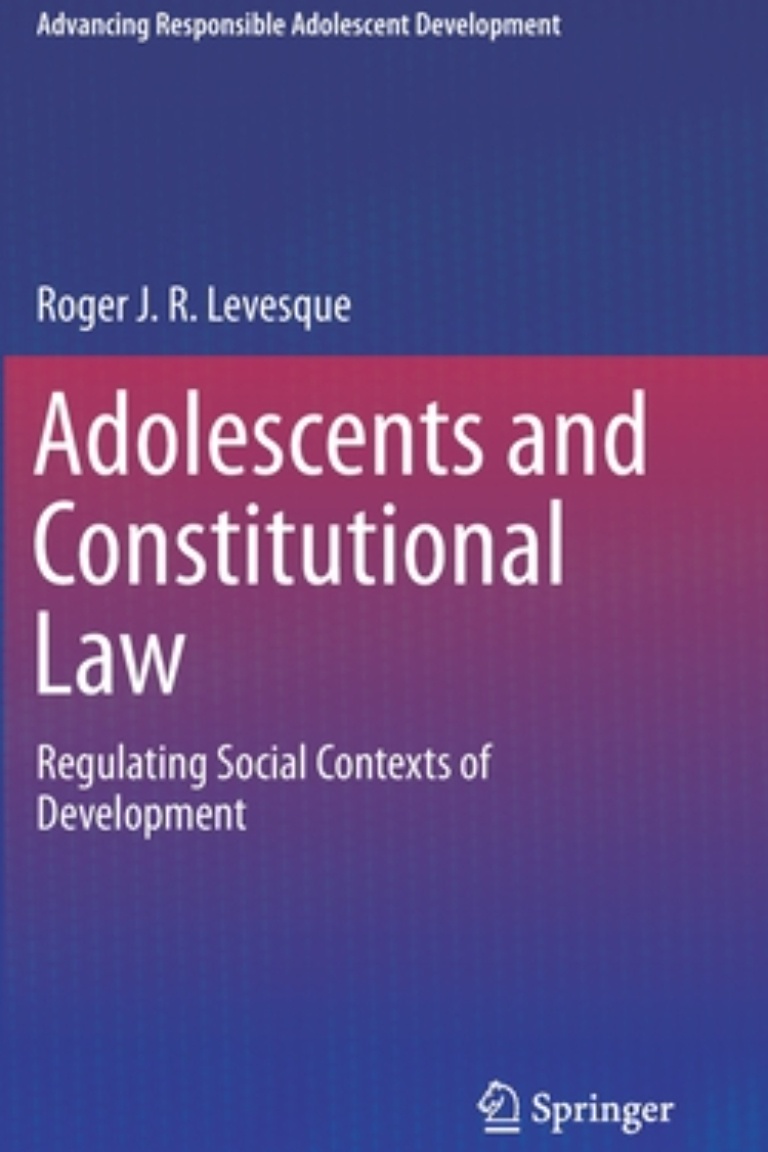This textbook offers a foundation for understanding adolescents’ rights by articulating the complexity, breadth, and challenging nature of laws regulating adolescents. It showcases the Supreme Court’s key interpretations of the Constitution as it relates to adolescents’ rights. Chapters examine relevant legal systems and the social contexts that legal systems control. In addition, chapters discuss constitutional issues and their nuances through actual cases that often offer alternative interpretations of constitutional rules. The textbook guides readers through both well accepted and often ignored conceptions of adolescents’ rights. It offers readers unfamiliar with the law the tools they need to understand the importance of adolescents’ constitutional rights and how they can contribute to developing them.
Topics featured in this text include:
- The role of parents and family systems in conceptualizing adolescents’ rights.
- The complexities of providing health care to adolescents.
- Religious freedom and adolescents’ rights relating to religion.
- The flaws of child welfare systems.
- The challenge of developing rights specifically for juveniles and delinquent youth.
- Juvenile court systems and the differential treatment of adolescents.
- The difference between the juvenile court system and the criminal court system.
- Adolescents’ media rights.
Adolescents and Constitutional Law is an essential textbook for graduate students as well as a must-have reference for researchers/professors and related professionals in developmental psychology, juvenile justice/youth offending, social work, psychology and law, family studies, constitutional law, and other interrelated disciplines.

 The College of Arts
The College of Arts